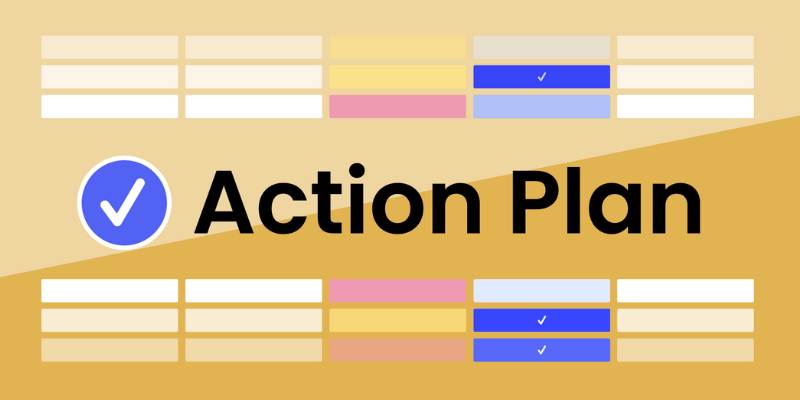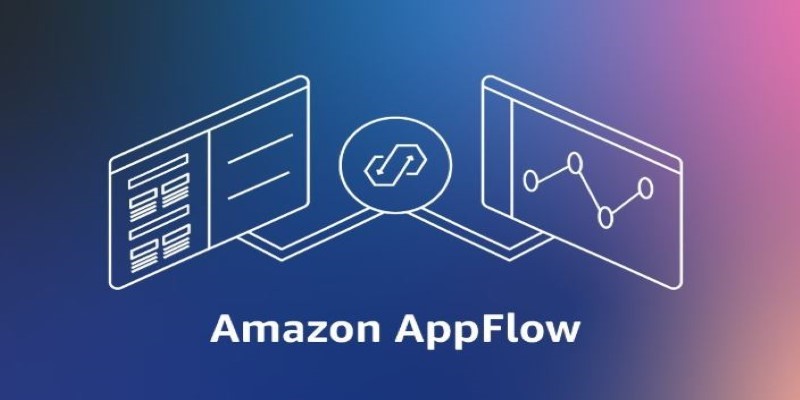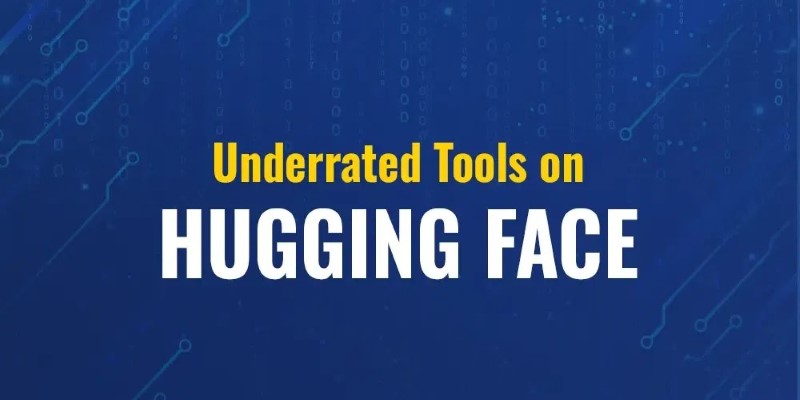Advertisement
Claude AI is transforming the way business coaches and consultants operate, streamlining tasks, enhancing client communication, and unlocking creative strategies with precision. If you're a coach or consultant looking to leverage AI for better results, this guide is your practical starting point. We're breaking down eight highly effective prompts to help you create content, solve problems, and boost client satisfaction with ease. These prompts will save you time, provide clarity, and elevate your client sessions to the next level.
In this article, we explore advanced Claude AI prompt tips, writing strategies, and tools every coach and consultant should know.
Claude AI prompts are clear and specific instructions you give to Claude AI (a conversational AI developed by Anthropic) to perform a particular task, generate text, brainstorm ideas, or solve problems. These prompts enable the AI to understand your intent and create outputs tailored to your coaching or consulting needs.
Examples of Claude AI Prompts:
"Draft a client onboarding email sequence for a mindset coach."
"List 10 ways a consultant can market a leadership training program."
"Generate a 7-day productivity challenge outline for entrepreneurs."
Let's explore the top Claude AI prompts every coach and consultant should master.
Prompt: "Act as a business coach. Ask 10 strategic questions to uncover a client's short-term and long-term business goals."
Use this to establish a strong foundation for your coaching relationship. It helps your clients reflect on what truly matters and sets the tone for meaningful progress. Ideal for initial sessions, it reveals both strategic and personal goals, allowing you to tailor your roadmap accordingly and drive better outcomes.
Pro Tip: Ask Claude to group the answers into themes, such as mindset, growth, and strategy, for more effective planning.
Prompt: "Based on the following client goals and challenges, create a weekly action plan with achievable milestones."
This prompt helps you design a structured and realistic plan for your client. It's ideal for performance-driven coaching, keeping clients motivated through measurable milestones. You can quickly customize the plan to fit various niches, such as career, wellness, or business.
Pro Tip: Use tools like Notion or Trello to turn the action plan into a visual, trackable roadmap.

Prompt: "Give me a mindset coaching script to help a client overcome imposter syndrome in leadership roles."
Use this to address one of the most common mindset blocks your clients face—impostor syndrome. It's perfect for sessions that focus on building self-worth, especially with high-achieving clients in leadership roles. The script format adds structure and emotional intelligence, helping you guide clients through reframing their thoughts and boosting confidence. It encourages breakthroughs and helps them step into their potential with more clarity and power.
Pro Tip: Ask Claude to include affirmations, reframing prompts, and reflection questions specific to your client's role or industry.
Prompt: "Draft a 90-minute coaching workshop outline on time management for startup founders."
This prompt helps you quickly build a powerful group session. It saves planning time by organizing your workshop into a flow of introductions, activities, and key takeaways. Whether you're focusing on productivity, mindset, or leadership, it keeps your sessions structured and outcome-driven.
Pro Tip: Use Canva or Google Slides to turn the outline into a professional presentation deck.
Prompt: "Write persuasive copy for a coaching sales page targeting business leaders struggling with team performance."
This prompt helps you turn your offer into a high-converting sales message. It taps into client pain points, highlights outcomes, and uses emotional language to boost action. It's ideal for coaches who want to attract leads and establish themselves as trusted experts.
Pro Tip: Ask Claude to generate headline options and testimonial examples tailored to specific client personas.
Prompt: "Summarize the following coaching session notes into a client-friendly weekly report with key wins and next steps."
This helps automate your admin work while keeping clients engaged. Use it to reinforce progress, highlight achievements, and guide your clients into the next steps. It maintains consistent communication and enhances long-term retention and trust.
Pro Tip: Pair this with Google Docs or email templates for easy delivery and feedback loops.
Prompt: "Write a LinkedIn post (max 250 words) on the biggest leadership lesson learned from coaching CEOs."
Use this prompt to build your credibility and visibility as a coach. It helps you share insights from real client work in a relatable, engaging format. Great for social media, blogs, or even short videos—it positions you as a thought leader and drives organic reach.
Pro Tip: Start with a bold hook like "What CEOs Taught Me About Real Leadership" to capture attention quickly.
Prompt: "Based on these coaching packages and audience segments, suggest pricing tiers and psychological pricing tactics."
This prompt helps you price your offers with confidence. It gives you tiered suggestions, pricing psychology techniques, and even competitor context. Perfect for productized services, one-on-one sessions, or group programs—so you can increase revenue without second-guessing.
Pro Tip: Use this along with Stripe or Gumroad to test and refine your pricing strategy.

Claude AI is more than just a chatbot — it's your strategic assistant for coaching and consulting success. By using the right prompts, you can streamline your workflow, save hours of manual effort, and deliver more impactful, tailored client experiences.
Whether you're refining your brand messaging, designing a results-driven workshop, crafting personalized client communications, or automating repetitive admin tasks, Claude helps you operate at a higher, more efficient level. It empowers you to think bigger, act faster, and position yourself as a true thought leader in your field. Start using Claude AI prompts today and elevate your coaching or consulting practice.
Advertisement

How Amazon AppFlow simplifies data integration between SaaS apps and AWS services. Learn about its benefits, ease of use, scalability, and security features

How the AI-enhancing quantum large language model combines artificial intelligence with quantum computing to deliver smarter, faster, and more efficient language understanding. Learn what this breakthrough means for the future of AI

What happens when two tech giants team up? At Nvidia GTC 2025, IBM and Nvidia announced a partnership to make enterprise AI adoption faster, more scalable, and less chaotic. Here’s how

Looking for simple ways to export and share your ChatGPT history? These 4 tools help you save, manage, and share your conversations without hassle
Advertisement

Find the top eight DeepSeek AI prompts that can accelerate your branding, content creation, and digital marketing results.

Discover the top 10 AI voice generator tools for 2025, including ElevenLabs, PlayHT, Murf.ai, and more. Compare features for video, podcasts, education, and app development

AI content detectors don’t work reliably and often mislabel human writing. Learn why these tools are flawed, how false positives happen, and what smarter alternatives look like

How the OpenAI jobs platform is changing the hiring process through AI integration. Learn what this means for job seekers and how it may reshape the future of work
Advertisement

What data lakes are and how they work with this step-by-step guide. Understand why data lakes are used for centralized data storage, analytics, and machine learning

Explore the current state of quantum computing, its challenges, progress, and future impact on science, business, and technology

The future of robots and robotics is transforming daily life through smarter machines that think, learn, and assist. From healthcare to space exploration, robotics technology is reshaping how humans work, connect, and solve real-world challenges

Tired of reinventing model workflows from scratch? Hugging Face offers tools beyond Transformers to save time and reduce boilerplate